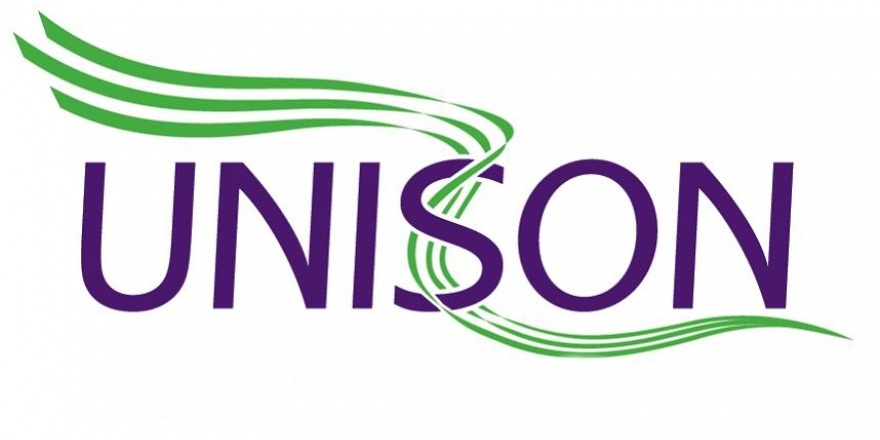
UNISON LAUNCHES STRIKE BALLOT ACROSS NORTHERN IRELAND HEALTH SERVICE

UNISON, the largest union in the health and social services system in Northern Ireland, has today (27th October) launched an industrial action ballot across our membership.
The ballot has been prompted following a recommendation from the Pay Review Body, which is insufficient to cover the needs of health workers who have been at the frontline of the Covid pandemic and are now facing a cost of living crisis. To compound the problem, the Westminster Government has not made additional funds available to the health service in Northern Ireland.
Commenting on the strike ballot, UNISON Northern Ireland Regional Secretary, Patricia McKeown said: “The Pay Review Body has made a recommendation that won’t help our members pay their bills in the face of the cost of living crisis. That’s why we have no alternative but to move to ballot our members for industrial action.
Not only is the recommendation of the Pay Review Body inadequate, but worse still Government at Westminster have made no money available to Ministers in Northern Ireland to fund a pay rise.
UNISON is not prepared to have our members be abandoned when they have done so much over the last two and a half years in dealing with the pandemic. In the face of a cost of living crisis, our members need a decent, fair pay rise.
UNISON does not advocate for strike action as the first option. It’s always a measure of last resort. But for our members there is no alternative left. When your ballot arrives, vote for action and let your voice be heard’’
UNISON Northern Ireland Head of Bargaining and Representation, Anne Speed, said:
"Porters, nurses, security guards, paramedics, cleaners, midwives, occupational therapists, social workers and other health and social care staff in Northern Ireland will be given the opportunity to vote for industrial action and action short of strike.
The most pressing issue for the new UK prime minister and health secretary is without doubt finding a solution to the many problems affecting the NHS.
The below inflation pay rise recommended by the Pay Review Body will not protect working families against the spiralling costs of living. The absence of any funding behind that recommendation and the absence of a government in Northern Ireland has denied workers here access to this increase. The pay parity link regained after the last health strike in 2019 has been broken.
If, as Rishi Sunak says, he wants to strengthen the NHS, he should build upon the below inflation pay rise recommended by the Pay Review Body. This includes providing sufficient funding to the devolved administrations, so that they can deliver a decent pay award for workers that will protect them from the impact of high inflation and the cost of living crisis. Decent pay is fundamental to retaining the staff that our services so clearly need.’’


